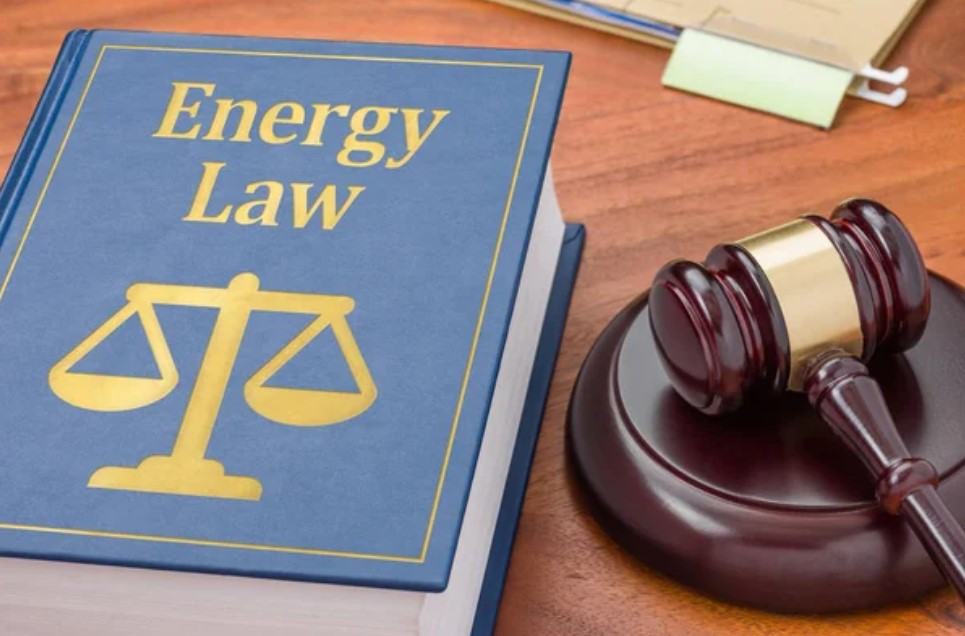
Energy law is a specialized area of legal practice that deals with the legal aspects of energy production, distribution, consumption, and regulation. It encompasses a wide range of legal disciplines, including environmental law, natural resources law, corporate law, and regulatory compliance. In this article, we will explore what energy law entails and who typically studies and practices it.
Defining Energy Law
Energy law encompasses the legal frameworks that govern various energy sources, including fossil fuels, renewable energy, nuclear power, and alternative energy technologies. It addresses a wide range of legal issues, such as energy contracts, project financing, environmental compliance, land rights, intellectual property, and energy market regulations.
Energy law also intersects with other areas of law, such as environmental law, by addressing the environmental impact of energy production and consumption. It plays a crucial role in shaping the energy industry’s operations, ensuring fair competition, and facilitating the transition towards a more sustainable and efficient energy system.
Who Studies Energy Law?
1. Law Students
Law students with an interest in energy-related matters can choose to specialize in energy law during their legal education. They may take courses that cover topics such as energy regulation, renewable energy law, oil and gas law, and energy project finance. These courses provide students with a solid foundation in the legal principles and regulations governing the energy industry.
2. Environmental and Energy Law Scholars
Scholars specializing in environmental and energy law often conduct research and publish academic work on various topics related to energy law. They examine legal issues surrounding energy production and consumption, analyze the effectiveness of energy policies, and propose legal solutions to address emerging challenges in the energy sector.
3. Practicing Attorneys
Energy law practitioners are attorneys who focus on providing legal services to clients in the energy industry. These attorneys, such as Oliva Gibbs Law Firm, work for law firms specializing in energy law, in-house legal departments of energy companies, or governmental agencies responsible for energy regulation. They handle a wide range of legal matters, including contract negotiations, regulatory compliance, environmental permitting, mergers and acquisitions, and dispute resolution.
4. Energy Industry Professionals
Professionals working in the energy industry, such as engineers, project managers, and policymakers, often study energy law to gain a comprehensive understanding of the legal and regulatory frameworks that govern their work. They acquire knowledge of energy law to ensure compliance with regulations, effectively manage projects, and make informed decisions regarding energy-related issues.
Importance of Energy Law
Energy law plays a crucial role in shaping the energy industry and addressing the legal challenges associated with energy production, distribution, and consumption. It ensures that energy companies comply with environmental regulations, promotes fair competition, and protects the rights of stakeholders, including landowners, consumers, and investors. Energy law also facilitates the transition to cleaner and more sustainable energy sources by incentivizing renewable energy development and implementing policies to reduce greenhouse gas emissions.
Moreover, energy law helps governments and regulatory bodies established frameworks for energy security, energy pricing, and market stability. It provides the legal foundation for policies and initiatives aimed at diversifying energy sources, promoting energy efficiency, and addressing global energy challenges, such as climate change.
Conclusion
Energy law is a dynamic and multidisciplinary field that encompasses various legal disciplines related to energy production, distribution, and regulation. It is studied by law students, scholars, and professionals working in the energy industry to understand the legal frameworks and regulations that govern the energy sector. By addressing issues such as environmental compliance, contracts, and regulatory compliance, energy law plays a vital role in ensuring a sustainable, efficient, and equitable energy system.
